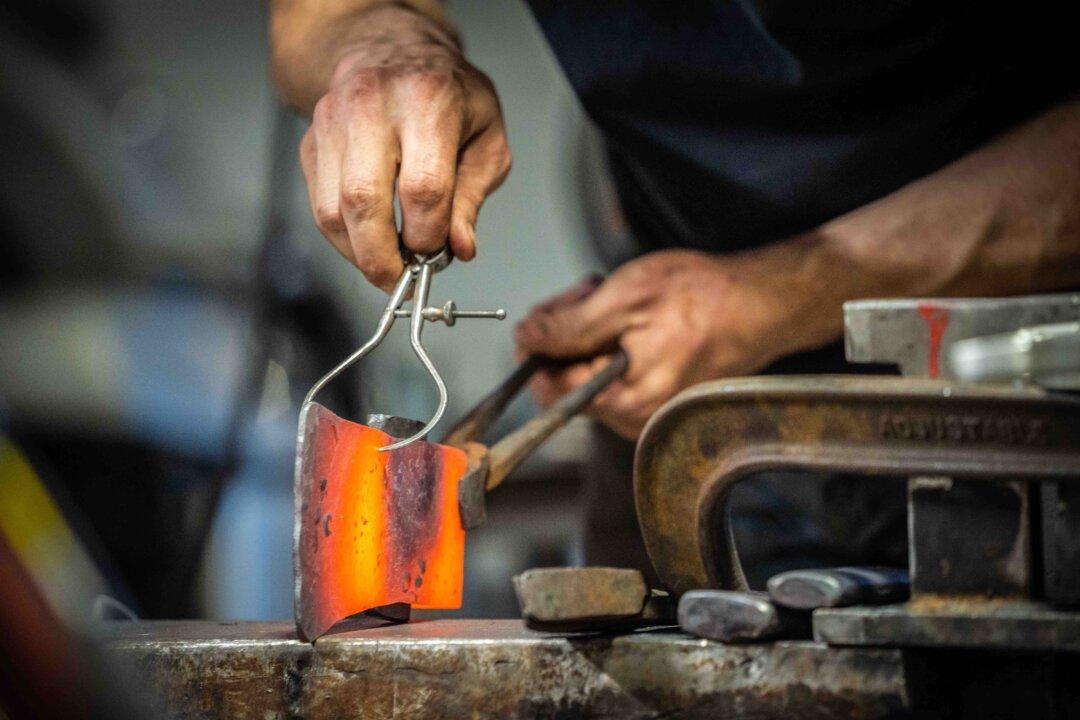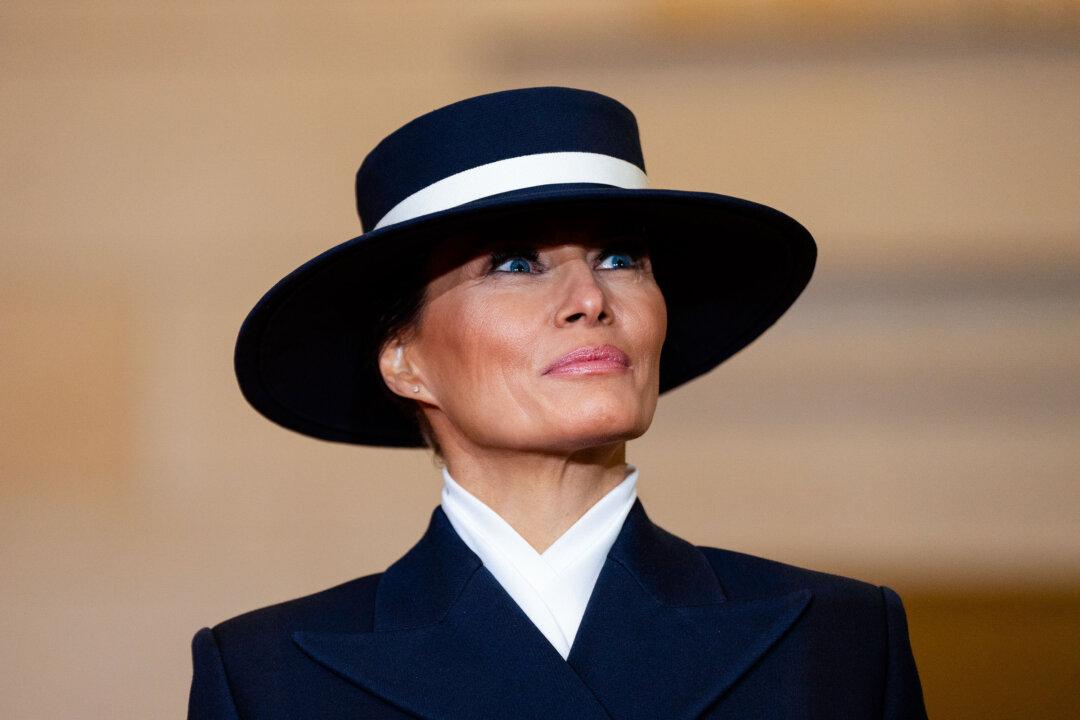When the CEO of a Miami-based satellite communications company CJ Webber bought a house on a lake several years ago, he had no idea of the new friends he would make.
Soon after he moved in, a pair of swans started entering his backyard; and after a time, they would proudly bring their new babies to show him.

![‘These Animals Chose Me’: Swans Befriend Florida Man, Nest in His Yard, Bring Their Babies Into His House [VIDEO]](/_next/image?url=https%3A%2F%2Fimg.theepochtimes.com%2Fassets%2Fuploads%2F2023%2F08%2F02%2Fid5438996-et-web-swan-CJ-Webber-1080x720.jpg&w=1200&q=75)




